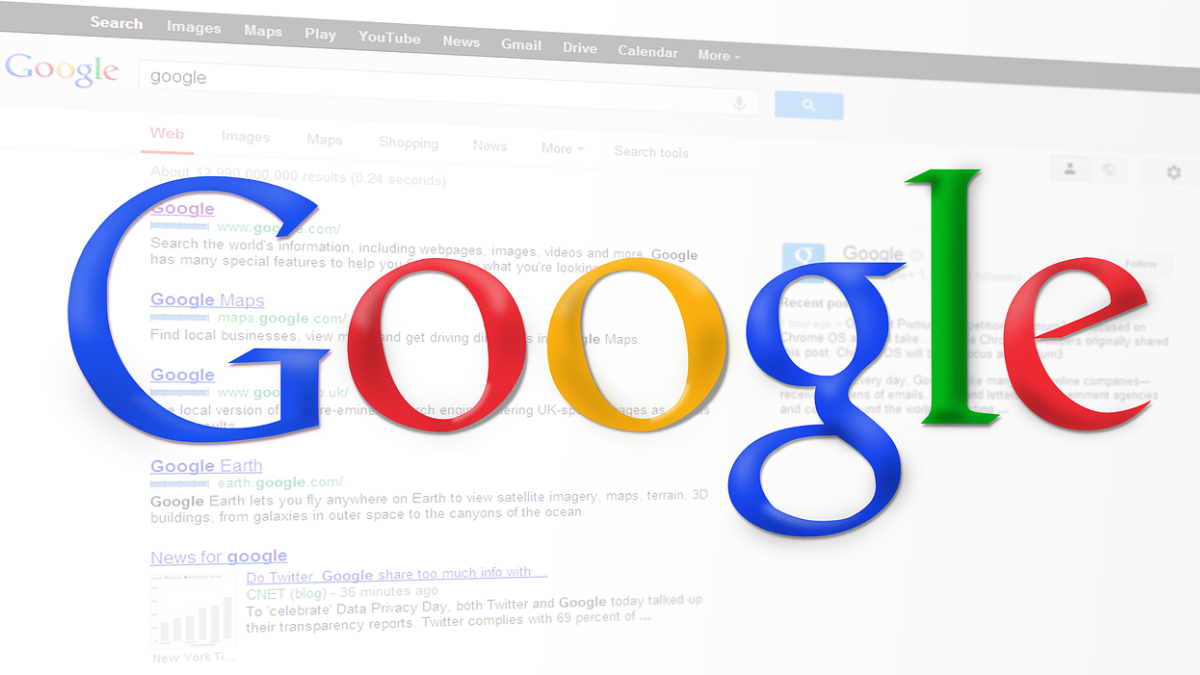Is It True? – Google Will Delist The AI-Generated SEO Content
Yes, you heard it true. Google has recently announced that it will remove or blacklist all AI-generated SEO content from its Search Engine Pages in order to prevent the circulation of false or non-reliable data on the Internet. This course of action has always been a plan of Google and it is designed to improve and bring more genuine, original, and fresh content on SERPs that follows the E-E-A-T principle, coined by Google. Let’s see how E-E-A-T can affect the latest news ‘Google will remove AI-Generated Content.’
What is E-E-A-T?
E-E-A-T is an acronym coined by Google, meaning Experience, Expertise, Authoritativeness and Trustworthiness. The publishing content must abide by these rules in which the author must have experience or expertise in that particular field and showcasing the authority of the written content improves its Google ranking, consequently boosting its trustworthiness. The following hints to Google algorithm and bots that the content written is genuine and provides correct information on the topic, helping its ranking to improve on SERPs.
This move announced in a blog post on Tuesday, 5 March 2024, is a substantial change in Google’s strategy and will affect the publishing of online content and general authors.
According to Google, this endeavour is more complex than ordinary Google updates and entails algorithmic enhancements to its core ranking systems. Three main categories of content abuse will be the focus of the reforms, which include scaled content abuse, expired domain abuse and site reputation abuse and this time, it will pay more attention to Google detecting AI Content volume. But the question is – how Google will remove AI-generated content from SERPs? Some AGI updates can always hinder it.
ChatGPT has released a voice chat feature in September 2023, and recently, OpenAI has launched a Read Aloud Feature for ChatGPT. ChatGPT can identify the language of the written text and play it aloud in that language. This new read-aloud feature is in 37 different languages and is available for both GPT-4 and GPT-3.5.
Is Google Taking A Revenge On OpenAI?
The straight answer is ‘No’.
Google has always been a great supporter of AI, as Sundar Pichai, CEO of Google’s owner Alphabet also stated, “Over time we will deal with much more intelligent systems. It can make humans more productive than we have ever imagined but we have to deal with all the changes that can come with it at that point, but luckily, we are decades away.”
Google has not yet officially announced that it is going to target only ChatGPT generated or other AI-generated content, but it has always made it clear that Google wants to keep its search engine useful, helpful, and informative for its users. With a high demand for SEO content to rank on Google SERPs, content creators are brainlessly cramming long-tail and short-tail keywords in their content, which sometimes makes the whole article useless or less effective than what it has been intended to be.
This is a consistent and long-standing effort of search engine giants like Google to fight spam and content created just for search engine optimization (SEO) at the expense of the users’ time.
At this point, some SEO marketers believe that the AI-generated content can be easily detected, and the other group has stated that the AI-generated content’s layout is in a format, which is undetectable and thereby will have no impact on the current scenario. There is a third group, which believes that it doesn’t matter whether it is AI-generated or human-generated content, if the content is useful, informative and lengthy enough, the search engine will mark it as helpful for the user and will keep it on SERPs.
How Can Google Detect AI Content?
Before we can answer that question, we need to understand how these language models work in order to fully comprehend how Google would recognize AI-generated content like ChatGPT or Gemini or Microsoft’s Bing before jumping to the fact that Google will remove AI-generated content in the coming days.
A language model can predict the following word in a sentence based on the words that came before or after it by using probability. The rule of permutation and combination may apply here. This is accomplished by identifying the words that are most likely to appear after a specific word sequence by examining the patterns and statistics of text language in a sizable body of the text.
Even if it isn’t always perfect, a language model can produce writing that sounds cohesive and natural this way.
With every upgraded version of text-generating AI models like ChatGPT-3, the detection could be complex and difficult, but not impossible. Many institutes and companies like MIT have built AI detection tools that can detect AI-generated context with almost 100% accuracy. The main goal of Search Engine platforms is to prevent spammed and plagiarized content on SERPs that wastes the time of a huge traffic by giving useless and wrong information.
One user also blamed SpinRewriter by saying, “It takes a single article and turns it into dozens of 100% unique, human-quality articles with Zero machine-generated footprint. This lets you rank higher and for more profitable keywords.” This shows the outrage of the authors who work hard on their research material and content writing and make it SEO-optimized naturally for Google ranking.
Feud Between Company That Created ChatGPT and NYT
The New York Times (NYT) and OpenAI, creator of the popular AI chatbot ChatGPT, are now locked in a legal battle with major implications for the future of artificial intelligence (AI) and content creation.
The New York Times claims that OpenAI has used a significant portion of the newspaper’s content to “train” its AI chatbot, ChatGPT, violating the copyrights and engaging in unfair competition. With this use, allegedly, ChatGPT sometimes produces content that occasionally mimics the NYT’s writing style and even quotes whole articles as it is.
It’s not just the ChatGPT and NYT. Several well-known writers, including George R.R. Martin and John Grisham, have sued OpenAI, citing comparable allegations.
According to OpenAI, it responded by saying it is a “fair use,” a legal theory that permits restricted use of copyrighted content for objectives like criticism, education, and commentary. They assert that this protection applies to training AI models on publicly accessible online content, such as news articles.
The NYT responds that ChatGPT’s rivalry and the large amount of their content utilized go beyond fair usage. They contend that because the AI conversation function might divert readers and ad income, it directly competes with them.
Google’s updates will target those websites that produce low-quality content with a high reputation score in addition to AI-generated SEO content. The new update that ‘Google Will Remove AI-Generated Content’, will also control the sudden surge of AI-generated content optimized for SEO for the websites.



Leave feedback about this Cancel Reply